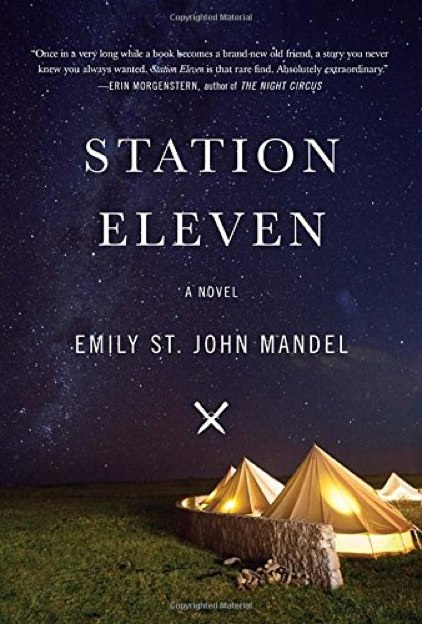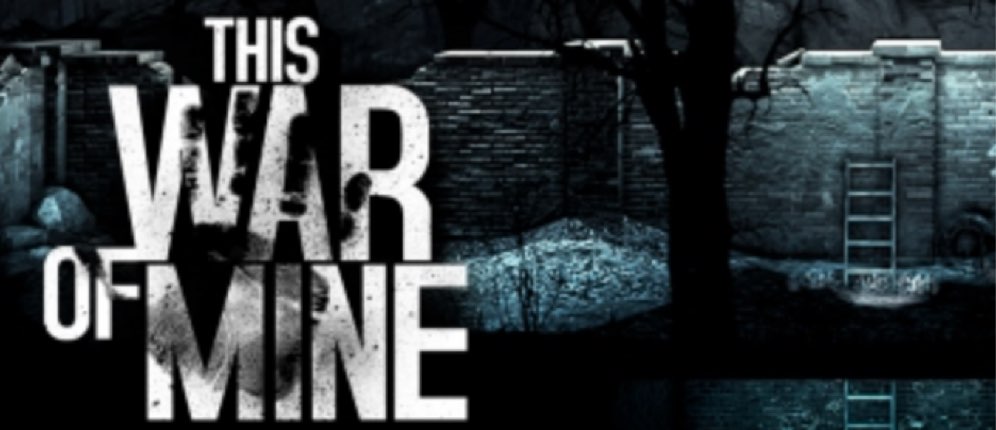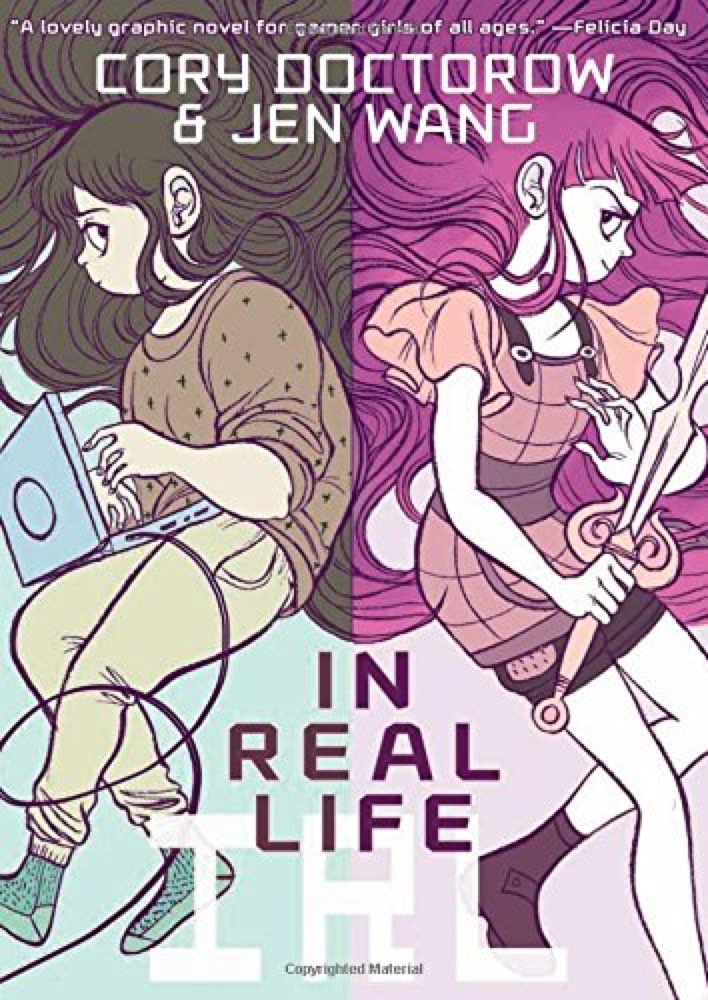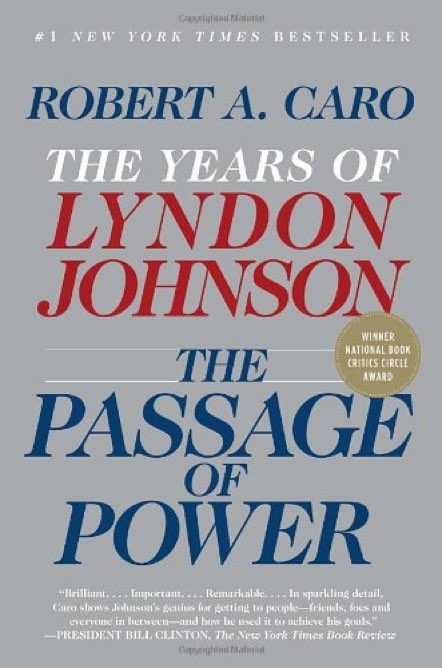A long time ago, we honored scientists and engineers by naming things for them. Chemists have the Diels-Alder reaction. Electronics has Ohms and Volts and Amperes. I think this custom was charming and harmless, and that we should revive it.
Here’s a proposal.
Randi Harper (@freebsdgirl) invented a handy tool for dealing with #Gamergate harassment, in which a gang piles onto their intended victim and Twitters at them incessantly, making it impossible for them to use Twitter because their stream is entirely filled with garbage and threats. To stop this, Harper automatically compiles a list of Twitter users who follow multiple Gamergate leaders. If you're swamped by Gamergate junk twittering, the tool will block thousands of them instantly and give you back your feed. (You might be cut off from a bunch of other people — for example, games studies professors and sociologists who follow Gamergate intensely for their work but who don’t condone or take part in the harassment campaign, but if you're getting thousands and thousands of abusive tweets a day, you might be willing to cut yourself off from a few sociologists for a time.)
This auto blocker is an interesting intentional intervention in the social graph: its users choose to cut themselves off from thousands of hostile voices. This would be bad if there were reasoned discourse that they might miss – if this were a conversation. But Twitter is being used as a weapon to drive women out of the industry and the auto-blocker blunts the weapon.
It occurs to me that we have several measures of social graph connectivity: graph diameter, cutset rank, and compactness, and several more. I’ve surfed this literature, but I’m guessing that plenty of my Hypertext and Web Science readers will know the best current metrics (and some are probably using them right now to study GamerGate.)
Randi Harper’s been doing good pragmatic engineering to save social networks from destructive abuse – abuse specifically aimed at driving women out of computing. We owe thanks – not least because this isn’t her job, she’s not an academic, and in undertaking this necessary task she’s incurred a lot of abuse herself.
Proposal: let’s take a good metric and name it the Harper. For example:
“We sampled the social graph of 13,762 users of the XXX App on its August 1, launch date and again on August 22. In three weeks, the social graph tripled its cohesiveness, jumping from 13.7 kiloHarpers on Aug. 1 to 44 kHp on August 22. (Fig. 3)”






